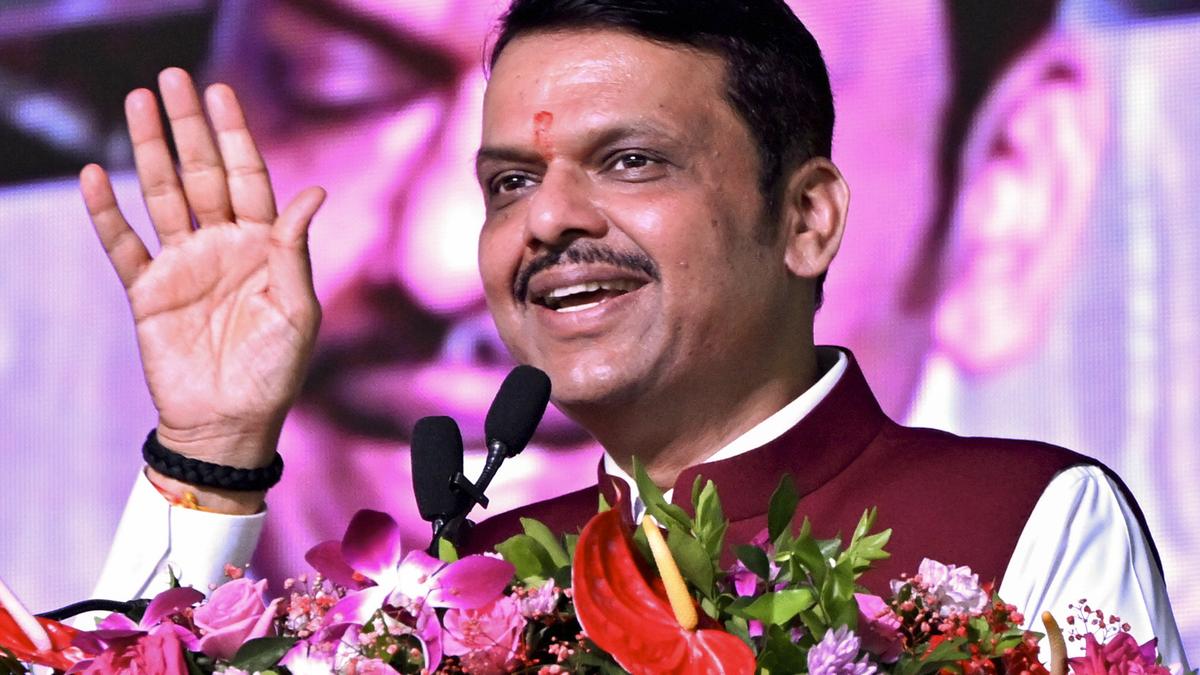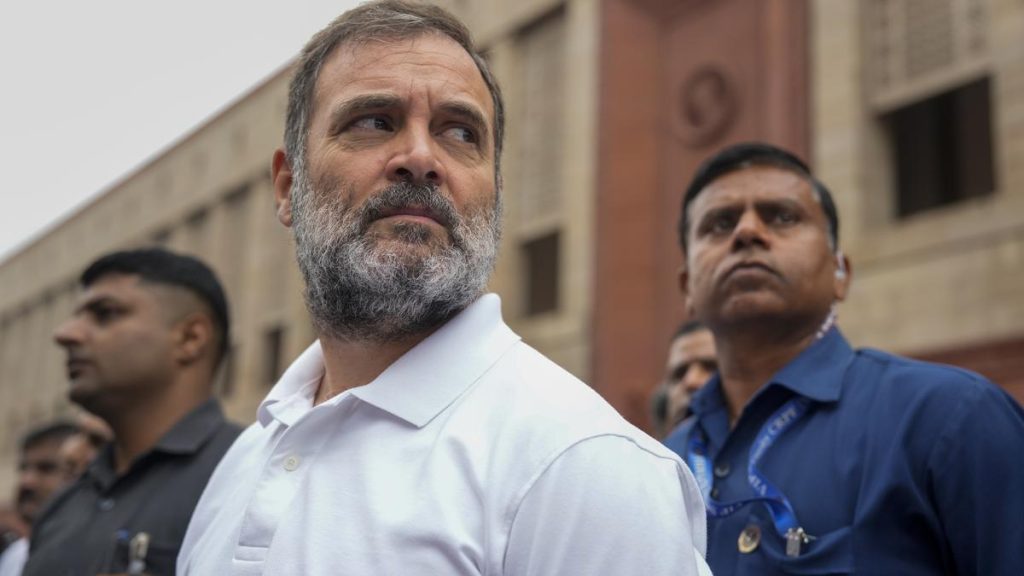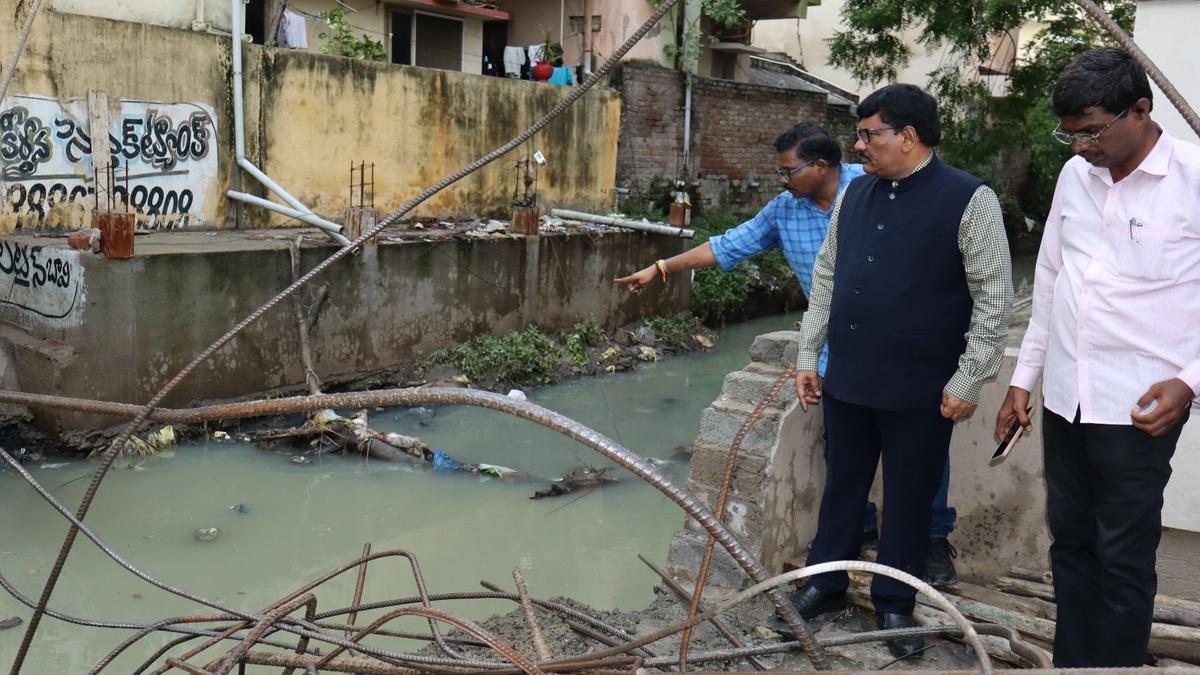Now Reading: Fadnavis Accuses ‘Urban Naxals’ of Halting Maharashtra Projects with Foreign Funding
-
01
Fadnavis Accuses ‘Urban Naxals’ of Halting Maharashtra Projects with Foreign Funding
Fadnavis Accuses ‘Urban Naxals’ of Halting Maharashtra Projects with Foreign Funding

quick Summary
- Maharashtra Chief Minister Devendra Fadnavis addressed a gathering in Gadchiroli district during the inauguration and foundation-stone laying ceremony of projects by Lloyds Metals and Energy limited on July 22, 2025.
- Days after the passage of the Maharashtra Special Public Security Bill in the State assembly, Fadnavis alleged that “urban Naxals” were using foreign funds to spread misinformation about development projects.
- he stated that while traditional Naxalism with armed militants was decreasing due to surrender initiatives,urban Naxal activities fueled by external funding were increasing.
- Social media campaigns falsely claiming tribal killings and land seizures allegedly began following the announcement of a steel plant project in Gadchiroli. Four individuals from Kolkata and Bengaluru were said to be involved, reportedly working with foreign funding according to investigations by local police.
- Fadnavis appealed for traditional Naxalites to enter mainstream society while emphasizing efforts to transform gadchiroli into India’s steel hub-an initiative started amidst opposition from villagers, safety concerns, and previous resistance from militants.
- The Chief Minister called Gadchiroli Maharashtra’s “greenest district” and expressed optimism about creating jobs for locals through these industrial developments.
Indian Opinion Analysis
The remarks made by Chief Minister Devendra Fadnavis reflect ongoing efforts in Maharashtra to balance development with security concerns. His emphasis on diminishing armed militant activities within Gadchiroli showcases progress in containing long-standing insurgencies. However, allegations regarding “urban Naxals” funded internationally highlight emerging challenges tied to domestic dissent amplified through social media-a matter warranting obvious investigation without undermining legitimate activism or free expression.
The aim of transforming Gadchiroli into a steel hub signals substantial economic potential for one of India’s historically underdeveloped areas. Ensuring accountability and community involvement throughout such large-scale industrial projects could mitigate claims regarding environmental or social harm while sustaining public trust. As this narrative unfolds against broader geopolitical trends surrounding foreign influence accusations, coordinated policy enforcement will likely play a crucial role in navigating developmental aspirations alongside civil liberties.
Read more: Source























